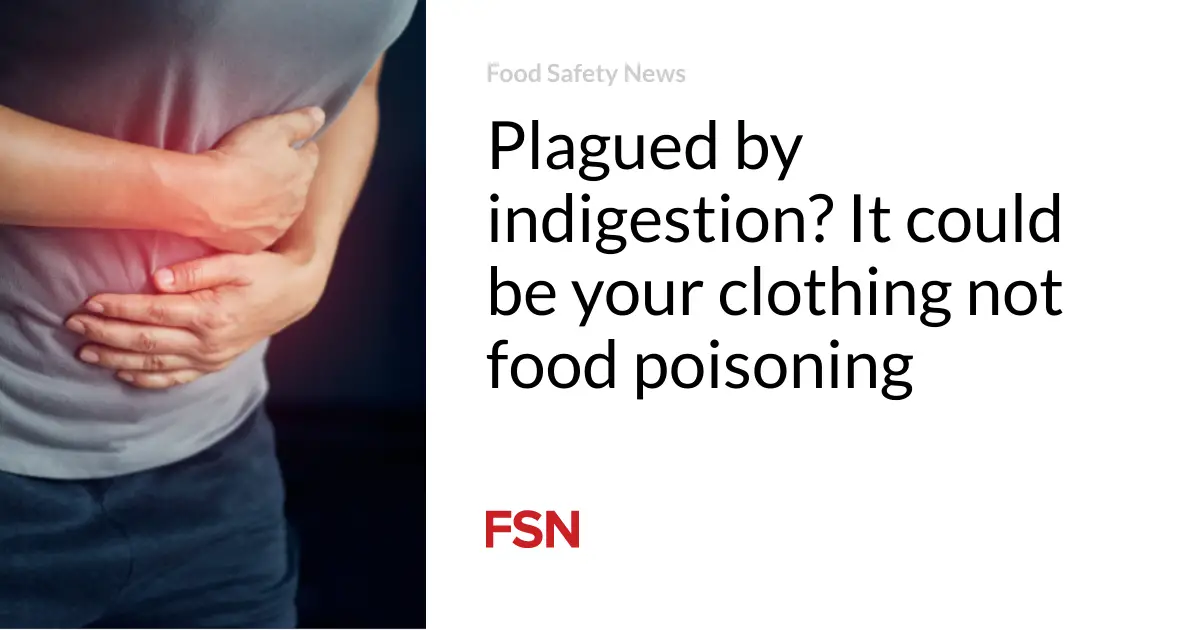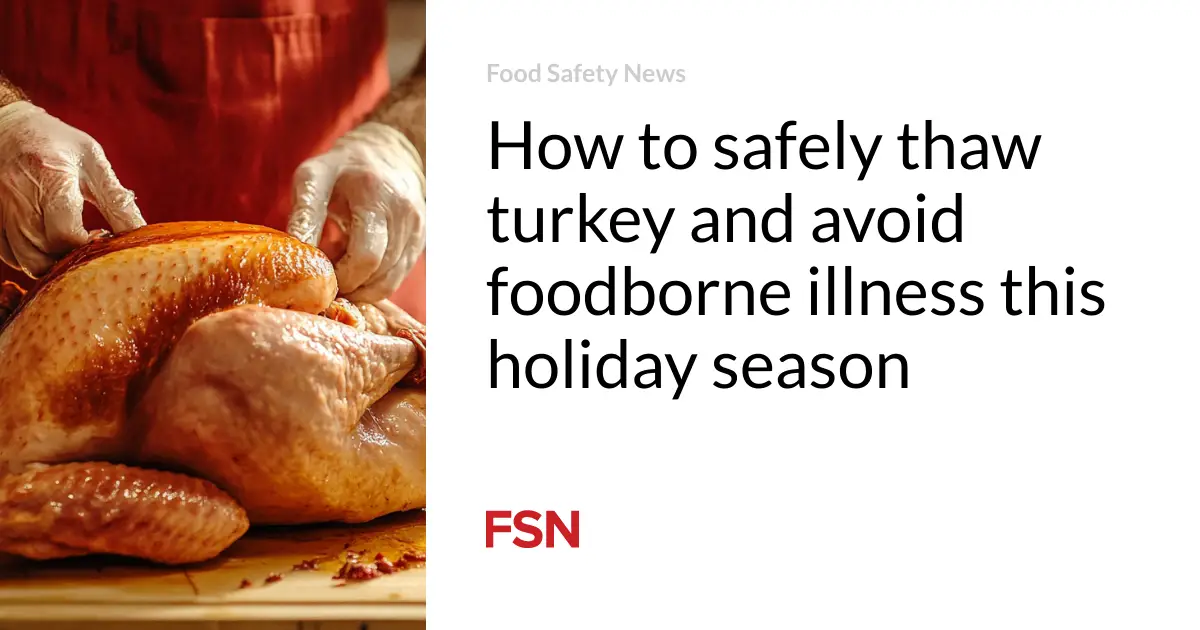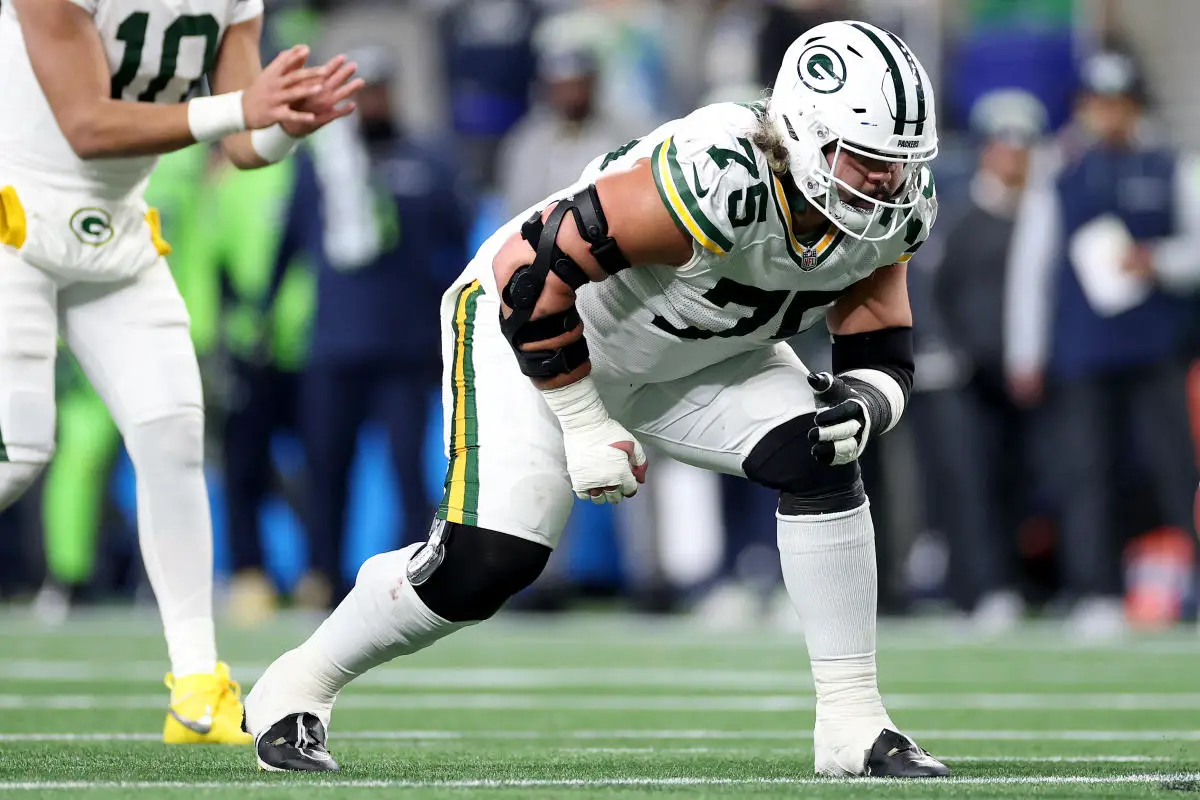
Many people complain about gas and bloating, and assume it comes from eating certain foods.
Food poisoning in the U.S. causes 48 million people to get sick each year, according to the CDC, so it’s easy to blame the food you ate for your digestive problems, and people are rightly concerned about food safety. They may blame a restaurant for the way they handled the food. Or they may conclude that they can’t eat certain kinds of foods that cause them gas and indigestion. They may wonder if the food contain certain pesticides, or other contaminants, that is causing their digestive problems. So they change diets, and find different restaurants, and change their grocery store, hoping to find a way to better digestion, but often failing to find the answer.
However, the problem may not be a food safety issue, or the food, or the way it is grown or prepared. The problem may be their own digestive process.
Otherwise healthy foods can create a gaseous, cramping experience if your digestion is not working properly. We know when we have a stomach bug that our digestion is off, it pays to avoid foods which may stress digestion, including high fiber, high fat, and spicy foods. Frequently, people have digestive distress regardless what they eat.
What could be causing this digestive problem, if not the food?
Keep in mind that digestion requires the free passage of food from the mouth to the anus. In between, there are soft, tubular organs, including the stomach and the small and large intestines, comprising what is called the alimentary canal. Within this canal passes progressively digested foods, which become absorbed as nutrition for the body.
Much of this mass of digested material, however, is unusable by our bodies directly, and serve as a source of nourishment for a vast number of bacteria which populate this canal. Some of our nourishment actually comes from these bacteria and their by-products.
You would think that housing billions to trillions of bacteria in your intestines might become a gas problem, as it often does. Bacteria produce gas, which we need to purge. We do this in four ways.
We burp, if the gas is in the stomach. We fart if the gas is in the intestines. We absorb some of the gas into the bloodstream and breathe it out, which explains why some people have bad breath. And, most of all, we eliminate the material which is harboring and feeding these bacteria by regular bowel movements.
All these ways of relieving gas require an easy flow of material within the digestive canal. For many people, food takes 1 to 3 days from mouth to anus, depending on the type of food. If all goes well, the digestive system can manage gas production from food without discomfort.
However, even a healthy digestive system can have problems when there is a mechanical interference with the natural flow of food down the canal. Constipation can block passage of food, resulting in gas that cannot easily escape. This leads to pressure, which can actually be great enough to make the large intestines bulge out into a pocket, called a diverticulum. This is how the disease diverticulitis is created. Retaining gas leads to intestinal wall weakening and damage. This is also why you should not hold in farts.
Constipation can be caused by a number of problems, including dehydration and food type. But constipation is only one cause of digestive blockage. Another cause occurs outside the intestines. Actually, the problem is outside the skin. It is tight clothing.
Tight clothing has been shown to slow digestion time. This has been shown with tight bras and tight girdles, and is theorized to be related to the impact of tight clothing on the parasympathetic nervous system. The slower the digestion, the greater the chance of gas developing.
Men don’t have to worry about tight bras and girdles. Instead, they have belts to hold up their pants.
Pants are strange clothing items, when you think about it. They need to be held up. You can do this from above, with suspenders that pull down uncomfortably on your shoulders. Or you can put elastic around the pants so they constrict the waist to hold on. Or you can wrap a belt around your waist and cinch it tight enough to keep your pants from falling.
Elastic and belts clearly constrict the waist, and this will interfere with intestinal circulation and the movement of food down the alimentary canal, leading to gas. Belts overlay parts of the small and large intestines, and the pressure from the belt creates a resistance to the free flow of digestive material.
Making matters worse, the waist changes when sitting versus standing. If you tighten a belt while sitting, it will be too loose when you stand, which could lead to an embarrassing moment. If you tighten your belt when standing, then it will be too tight when you sit. An elastic waistband may seem less problematic than a belt, since it automatically stretches to the needed diameter. But just because the elastic can stretch, it doesn’t mean it is not too tight. In fact, it usually is too tight.
Anything that holds up pants, other than suspenders, is doing so with constriction. This interferes with the nervous system that controls digestion, as well as interfering with the passage of food within the digestive tract.
Tight garments slow down digestion.
This means that wearing bras, girdles, and belts can interfere with digestion and cause problems, including bloating and cramping. These essentially create constipation from the outside. And this is regardless of what foods you are eating.
Changing foods to improve digestion will not solve a mechanical problem caused by tight clothing.
Another way to slow digestion, which has nothing to directly do with food choice, is with the way you eat the food. Are you eating in a hurry and on the run, or taking time to eat and rest afterward?
Fast food serves the fast pace of modern working life. We have learned as a culture to eat on the run. And modern expectations of people being available by cellphone during meals has further turned meal time into an extension of work time. This all leads to constant stress, which is not good for digestion.
Stress causes certain hormones to be released which turn down the digestive process.
When stressed, the blood supply to the intestines decreases, while the blood supply to the muscles increases. This slows intestinal movement, and allows gas to develop and build.
People know that getting stressed while eating can give them indigestion. That’s because the intestines slow down when you get stressed, but the bacteria keep making gas nonetheless. This is also why you don’t want to exercise soon after eating. That also diverts blood from the guts to the muscles.
In summary, the best way to improve your digestion, regardless of what foods you are eating, is to wear loose-fitting clothing that does not constrict the body in any way, and make sure you are peaceful when eating. These are lifestyle changes that can help you eat foods you like without getting indigestion.
It’s not enough to prepare foods for eating; you need to prepare your body for eating.
References:
1. Life’s a Gas: A New Approach to Diverticulitis, Flatulence and Gas Pains
3. The Effects of Skin Pressure by Clothing on Whole Gut Transit Time and Amount of Feces
(To sign up for a free subscription to Food Safety News,click here)







